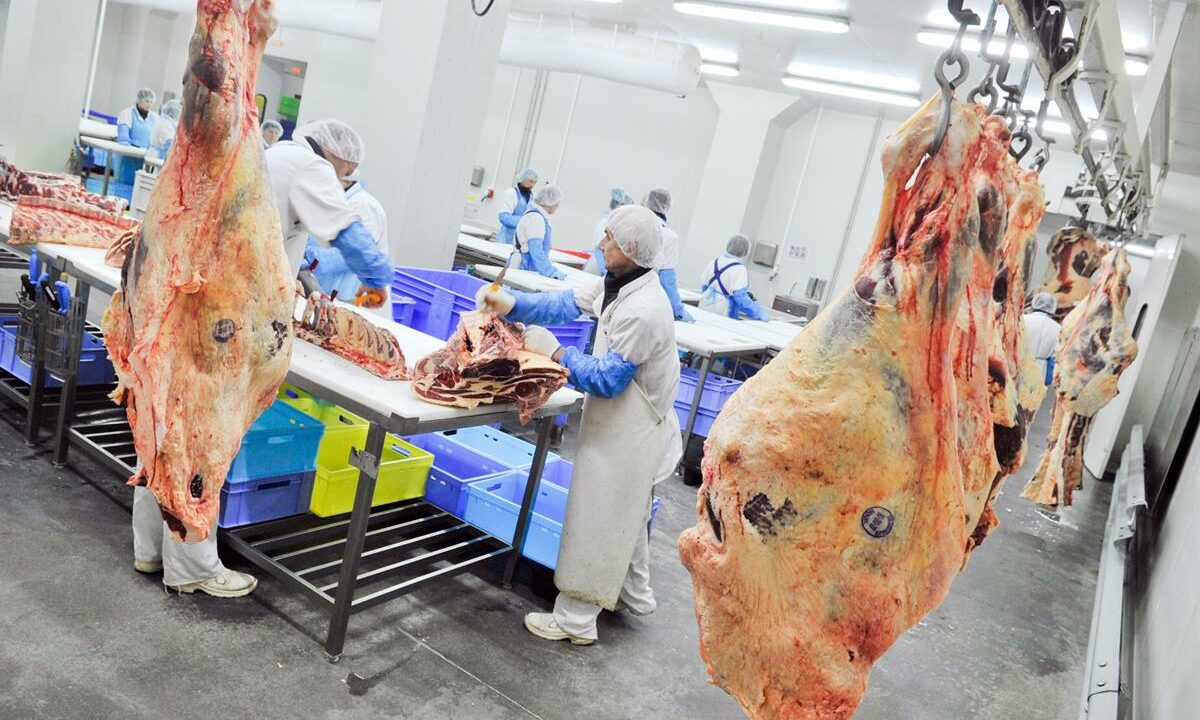Meat industry workers operating as sole traders are a “growing phenomenon” in the Irish sector, with such workers not entitled to social welfare benefits such as the Pandemic Unemployment Payment (PUP) in the event of falling ill due to Covid-19.
As a sole trader, a worker would be classed as “self-employed”, with meat factories not paying tax on their behalf; rather it would be the responsibility of the worker him/herself.
To find out more on the matter, AgriLand asked SIPTU manufacturing division organiser Greg Ennis about such workers, including migrant workers operating as sole traders.
“[Foreign] sole traders wouldn’t have [Irish] PPS numbers, so they’re not covered for the pandemic payment and they’re not covered for holidays or anything like that,” Ennis said.
It’s a growing phenomenon; we don’t know the exact numbers because a lot of these people obviously wouldn’t talk to us.
Asked if such workers would be less likely to come forward in the event that they had symptoms for Covid-19, the SIPTU official said:
“If they’re not entitled to social welfare benefits then yes, they probably would be less likely to come forward. Information is power. It definitely would increase the risk; there’s no doubt about that.”
Commenting on SIPTU’s approach to how to manage such a risk, Ennis said:
“SIPTU’s stance would be that we need to bring in legislation similar to what’s in Germany – which legislated to ensure that any workers in meat plants or abattoirs must be direct employees.
We would support that view, and we would also support the view that we [must] have better regulation on pay and sick pay for meat industry workers, where sick pay becomes mandatory for workers in the meat industry.
“I say that, because we expect to be living with Covid-19 for a period of time and meat [processing] will remain an essential service.
“To ensure that we have that essential service, we need to look after the workers within the industry,” Ennis concluded.
